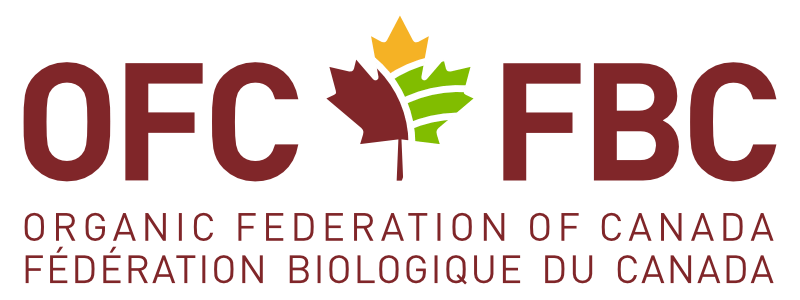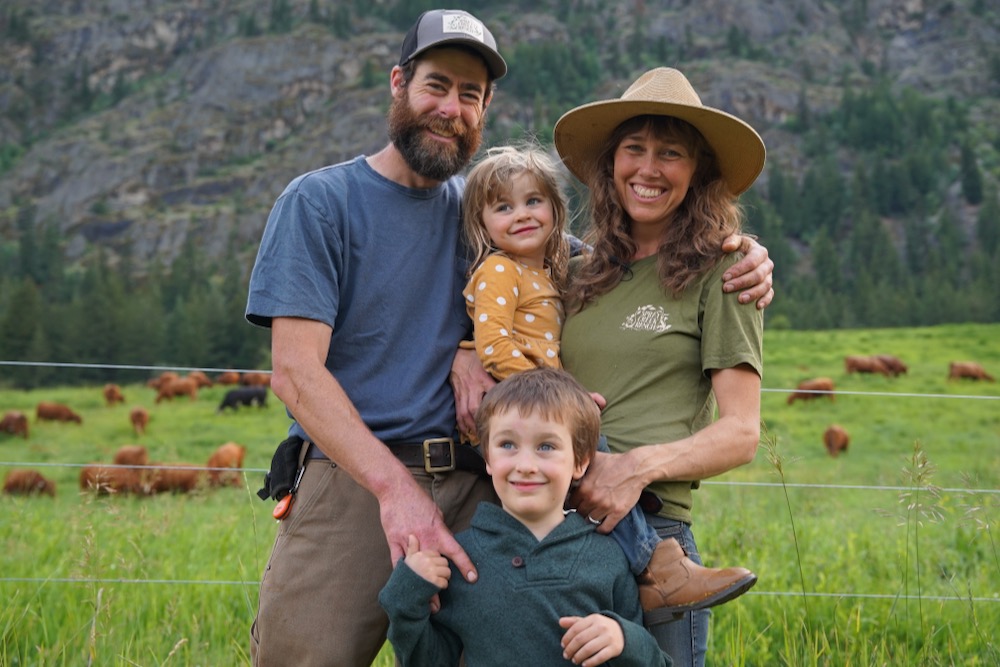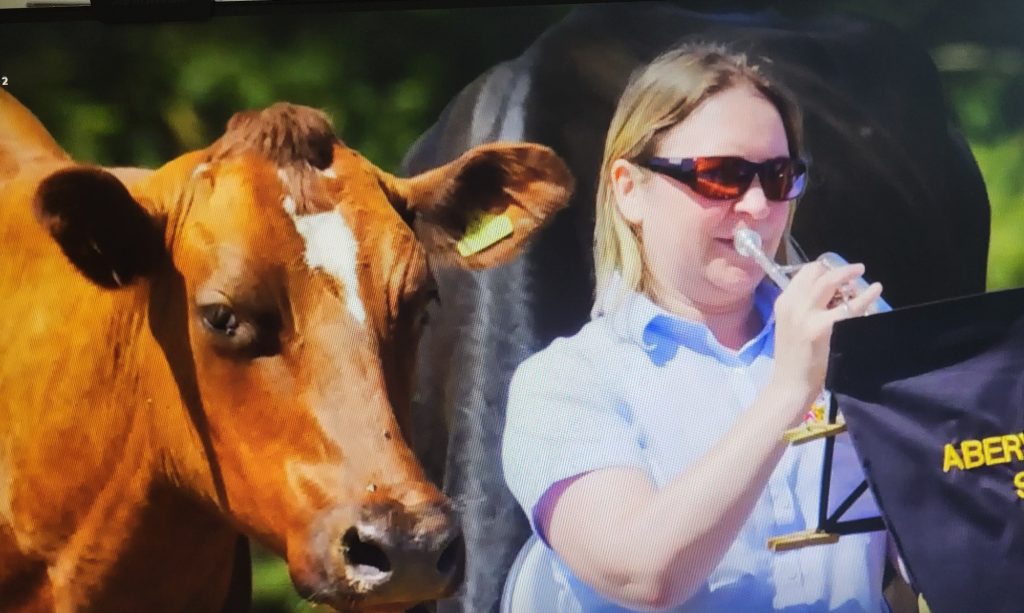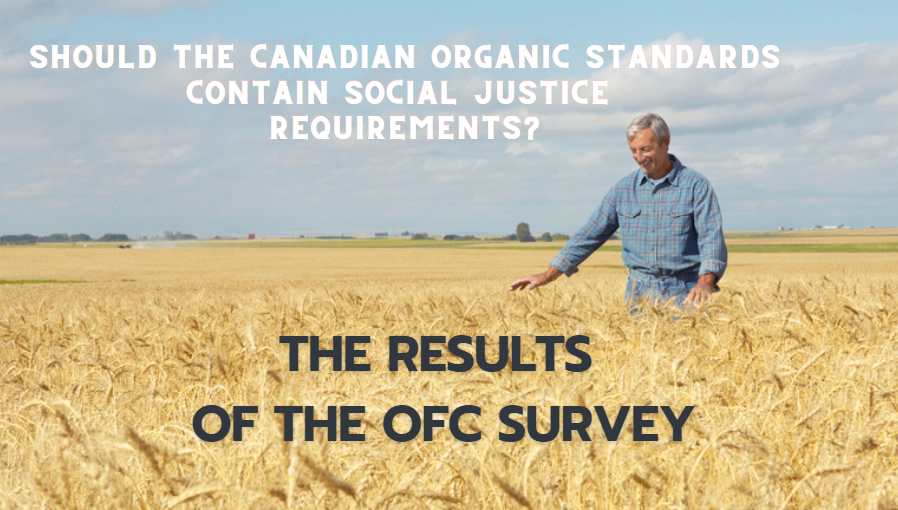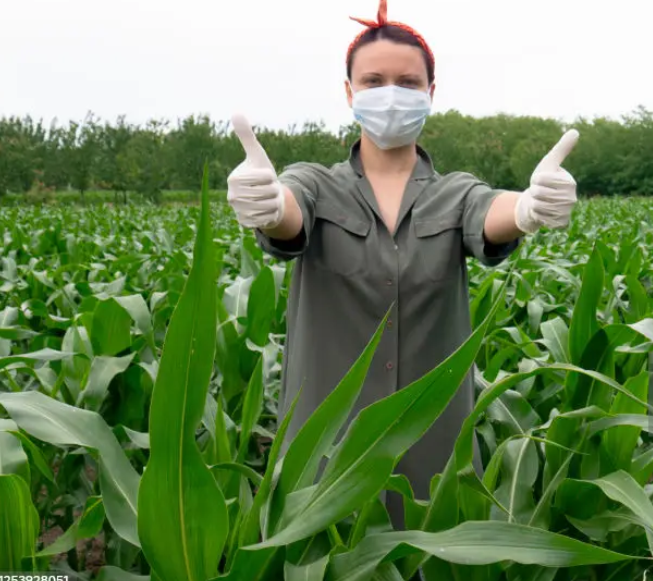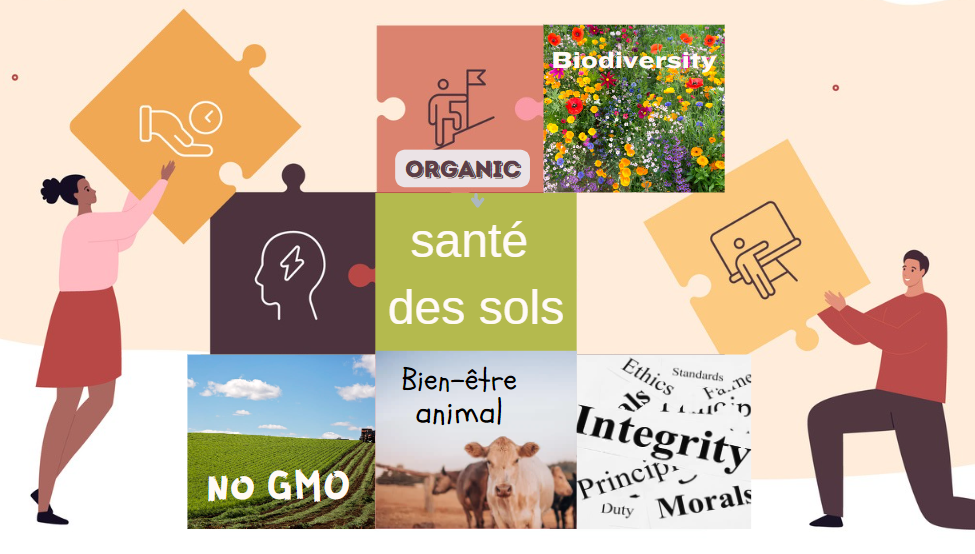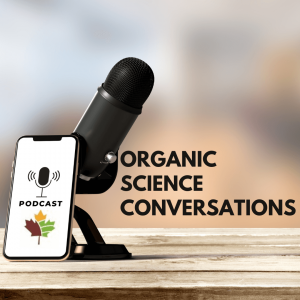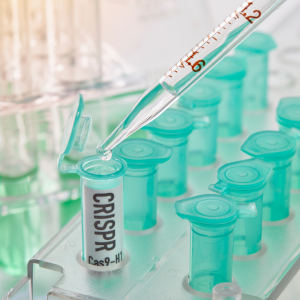
The organic sector has been grappling with the announcement from the CFIA and Health Canada that they plan to overhaul the regulatory guidance that monitors the release of genetically engineered (GE) seed and food since Spring 2021.
The proposed new guidance would change the threshold and definition for what is classified as a ‘novel food’, allowing for genetically engineered varieties to be released onto the market without government oversight or safety assessments and without being labelled.
The CFIA has not yet published its Guidance on the Novelty Interpretation of Products of Plant Breeding which will allow individual companies to release new seed varieties to the market without declaring their genetically engineered status so long as the genetic modifications adhere to the new guideance. The seed companies would decide for themselves whether a safety assessment or premarket notification is needed before selling their manipulated product on the market.
Under the current regulations, seed companies are required to submit a premarket notification for products that are considered GE or GMO, and must declare whether seeds are a novel product, meaning there are heritable traits of a plant that have been changed by intentional manipulation. Under the proposed new guidance, farmers will guess whether their seeds could be from GE origin, which is prohibited in organic production.

The risk this poses to organic farmers is challenging due to the potential contamination of the seed supply. To understand how these changes may impact organic farmers in the field, we spoke with Allison Squires, from Upland Organics, a family-run mixed cattle and certified organic grain farm in Saskatchewan. Squires is also the President of the Canadian Organic Growers (COG), a director on the board of the International Federation of Organic Agriculture Movements (IFOAM) North America, and a member of the Standards Interpretation Committee (SIC).
The conversation was not an easy one for Squires, who has been trying to process the potential impacts of the changes since they were announced. “I’m going to try to get through this without getting too personal. I go to these [stakeholder] meetings as the President of COG but I’m there also because I’m running this farm, and it hits home more than is helpful”, says Squires.
The proposed changes will have a significant impact on organic growers that ship to the EU. The EU has little tolerance for GE contamination, with as little as only 0.9% being acceptable for imported products. While there is no specific threshold listed for organic products, the general rule is that any exports found to exceed the tolerance level will lose organic certification, resulting in the shipment being returned to the farmer or having to be sold to conventional markets, resulting in a financial loss for farmers.
Organic producers already pay for testing with regards to pesticide contamination, of which there is very low tolerance in organic products being shipped to the EU. “On our farm, say we have a container load of lentils. We take a sample before we load, we send that sample overseas, they then test it. They say things look good and we pay $4,000 to send it overseas. It gets across the ocean, but before they open the shipping container and use it in their processing facility it is then tested again, and this is where things get tricky. What could pass before may not pass now, so there are containers that get sent back at the cost of the farmer, because that second test comes up as contaminated,” Squires explains. “They are looking at levels that are very close to the threshold of detection for these tests, in other words within the margin of error for the testing method.” This variability means that there can be fluctuations in test results. In addition, if there are any points of contamination along the supply chain that are outside of the farmer’s control, this can also cause a difference in test results. Either way, the farmer is left with the problem of dealing with the grain after it has been rejected, as well as the cost to ship it back,” says Squires.

For producers like Squires who ship the majority of their product to the EU, the proposed regulatory changes could be a deal breaker. When asked if GE contamination is something she already tests for, Squires notes that this would be an added cost and procedure on top of what they already do. “I’m still hoping that this is not going to be a thing we have to deal with”. The biggest concern for organic farmers is simply not knowing whether the seed they are planting is GE because in the proposed new guidance there would be no mandatory registry or notification to the public and farmers of these new seeds. “We would have to test the seed before we plant it, and then the product when it comes out, rather than just the end product as we do with pesticide contamination,” notes Squires. As farmers prepare for the potential of additional testing, even that may not be enough. Some genetically engineered modifications are difficult to detect. While testing for these mutations may be available it is expensive and labs offering these services are limited, meaning organic producers would pay the price just to ensure that what they plant is allowable.
Not only would this affect exports to EU markets, but there is potential for these changes to decrease future export markets in other countries that are starting to take a stronger stance on GE products. “Why should we lower ourselves to the bottom denominator when Canada should be leading the pack? Europe sees a huge difference between Canada Organic and the US, we talk to our buyers all the time about it, and they’re excited to buy from Canada because we have a better reputation,” says Squires.
Organic farmers shoulder the weight of the proposed changes. “Imagine that I’ve just seeded 2,000 acres of wheat, and I put the seed in the ground based on the information I’ve gotten from my seed supplier that the seed is free from GE contamination. I send it away to be tested to make sure, and it comes back that it’s not, it’s unlabeled because they no longer have to label. That takes my 2,000 acres out of organic production for the next three years,” says Squires. “The onus is on us to make sure that we do all this extra testing to make sure that the seed is okay.” In the case of accidental contamination, organic producers would be unable to sell any products from that land as Certified Organic for three years, despite adhering to every other aspect of the Canadian Organic Standards, meaning farmers would sell at a loss to conventional markets. This would have a major impact on their ability to trade as well as their bottom line.
“It has the real potential to end farms like ours, just end it."
- Allison Squires
“It has the real potential to end farms like ours, just end it. We would still farm organically, I can’t see us ever farming any other way, but we would not be able to adhere to the standards […] Basically we would be farming organically with no way to make that an economic reality.”
While the proposed new guidance has caused organic farmers a huge amount of stress and frustration, Squires points out that there are still some positives to be found from the situation. “This whole process has shown me what a strong community the organic sector is. All of the national organizations, the provincial associations as well as certifying bodies and major companies that promote or are interested in organics are involved in this discussion,” she notes.
The proposed new guidance is still being reviewed by the CFIA and will likely be announced by the end of the year. At the end of the day, organic farmers are only looking for one thing to happen in order to lessen the impact of the proposed changes. “Just label it,” Squires says. “That’s all we’re asking for, and it’s not hard.
For more information on how you can take action on the proposed changes, visit https://cban.ca/take-action/no-exemptions/
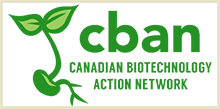
The Canadian Biotechnology Action Network has been at the forefront of the fight against CFIA’s proposed changes to the GE regulatory guidance. CBAN, the National Farmers Union, and organic stakeholder groups have met with CFIA officials several times over the summer to discuss the impacts of the intended guidance changes.
“Farmers are busy in the fields during the summer, so it’s a major challenge to engage fully with this important consultation. If the government is sincere about hearing from farmers, when their proposals would have such a major impact on organic farmers in particular, they should choose a time that is much less demanding on all of us.” – Garry Johnson, SaskOrganics.
Stay up to date on the latest news concerning the new GE guidance by signing up for CBAN’s newsletter at https://cban.ca/
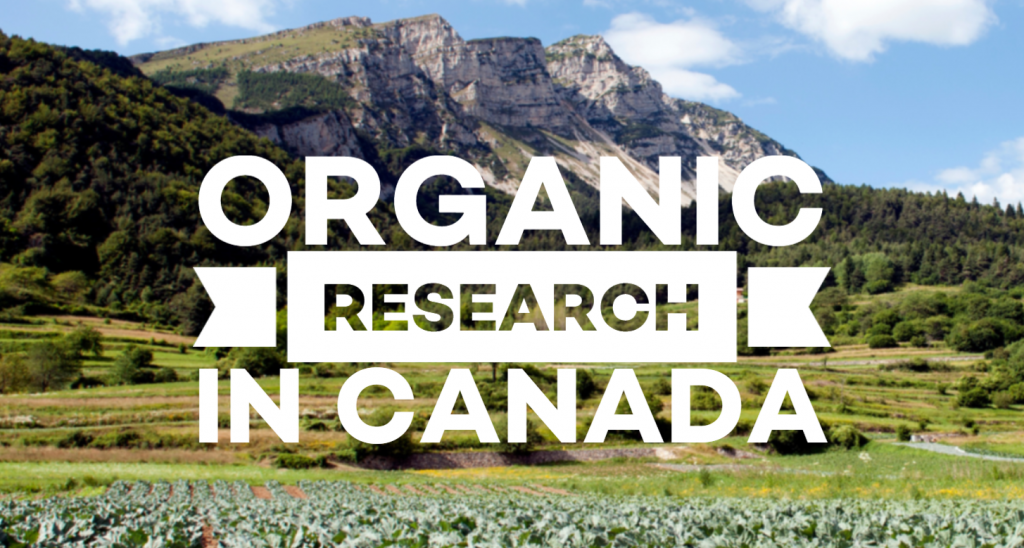
Organic Science Cluster Researchers propose solutions.
Organic Science Canada Magazine
Can Struvite Fix Our Phosphorous Problem?
By Joanne Thiessen Martens
Industry Partners Get Involved
Prairie Heritage Seeds: Pioneers in the Production of Organic Cereals Supporting Research
Organic Science Conversations
Best Organic Practices for Enhancing Vineyard Soil Health
Producer Bulletins
Green manures and amendments for organic systems findings from Eastern Canada
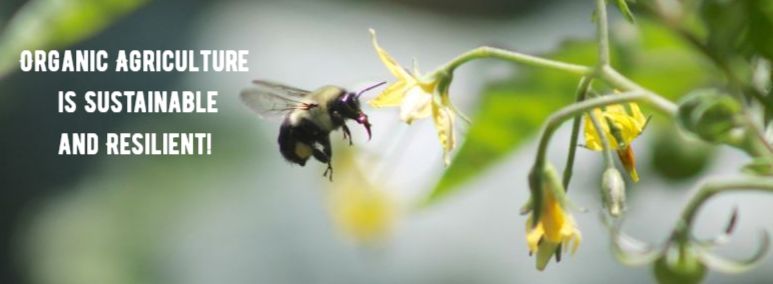
To learn more about organic research in Canada, visit:
The Organic Federation of Canada
The Organic Agriculture Centre of Canada

